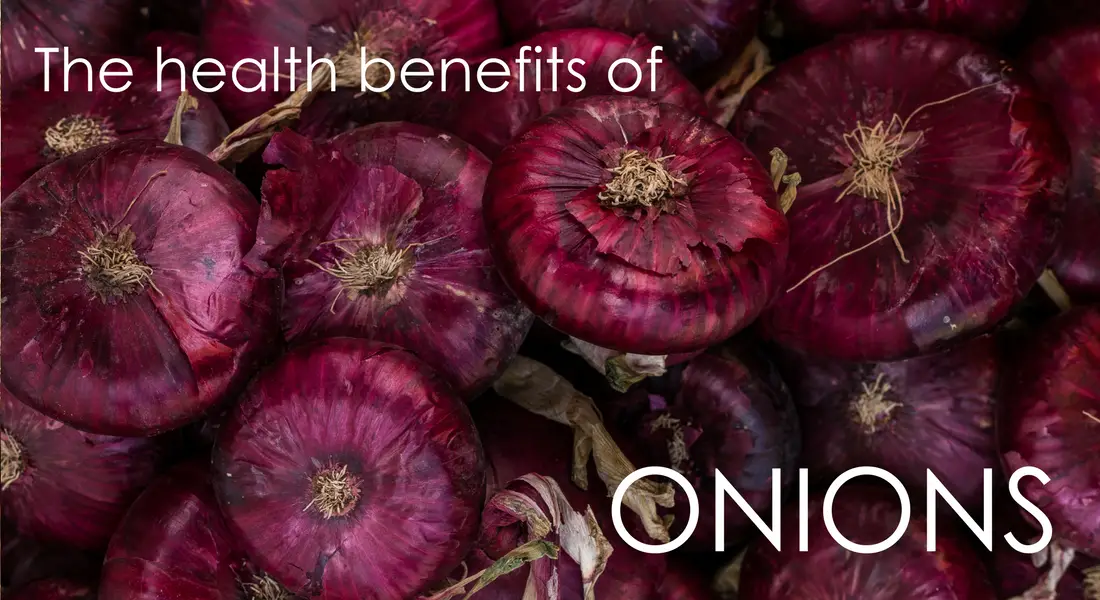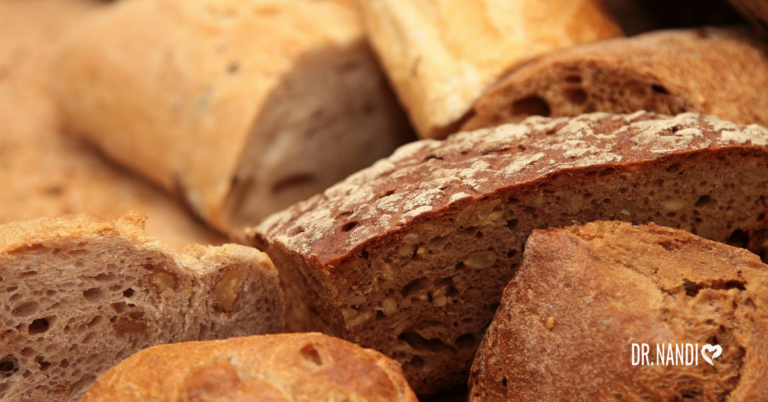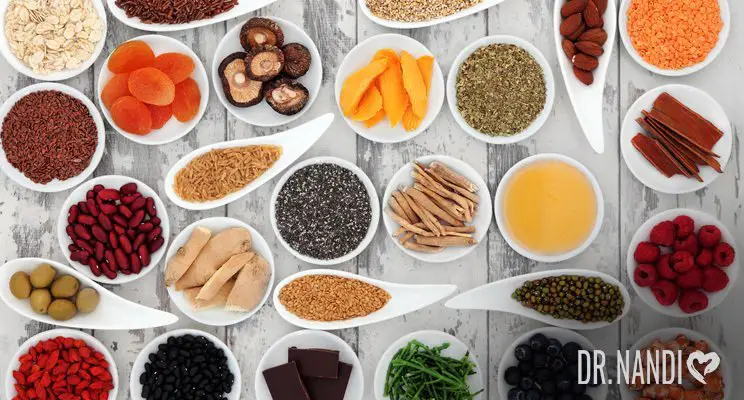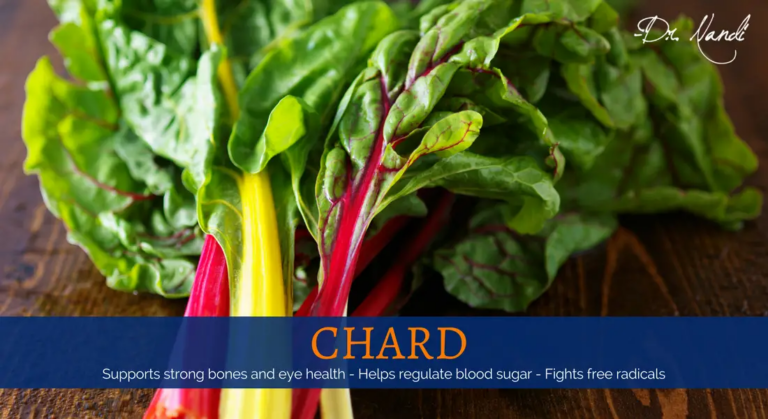Onions May Help Reduce the Risk of Cancer
The onion is an excellent source of an active compound known to inhibit the development of and spread of cancerous cells. Quercetin is a powerful antioxidant that research has found to help prevent or reduce the spread of cancer. Onions also contain vitamin C, a strong antioxidant that helps reduce the presence and impact of free radicals in the body. Free radicals are the chemical byproducts of cellular metabolism, and they can cause healthy cells to mutate into cancerous cells.
Good for Diabetics
Onions are good for people with diabetes because they contain chromium. Chromium is a rather unusual mineral to be found naturally in food. Research has found that chromium helps the body manage blood sugar levels and helps to ensure a slow, gradual release of glucose to the muscles and the other cells of the body. Studies have found that consuming onions may help modulate your blood sugar levels which is beneficial for diabetic patients.
Heart Health
Onions have sulfides that are similar to those found in garlic. Research suggests that these sulfides help to lower blood lipids and blood pressure. Onions are a great source of flavonoids that help protect against cardiovascular disease. Studies have found that onions are a natural anti-clotting agent that can suppress platelet clumping.
Helps Fight Infections
People who eat onions may be less likely to get bronchitis and the common cold. Research is being done to determine what happens when people eat onions and how it affects bad bacteria. It looks like onions can fight off both bacteria and fungi, which is good news. More research is being conducted, but results have shown that onions might strengthen your immune system. Overall, making you less vulnerable to contracting infections.
Good for Bone Health
A recent study found that women who ate onions at least once a day had a bone density 5 percent greater than those who ate onions once a month or less. Another study has shown that women who eat onions regularly may lower their risk of hip fractures by more than 20 percent than those who never consume onions.



















